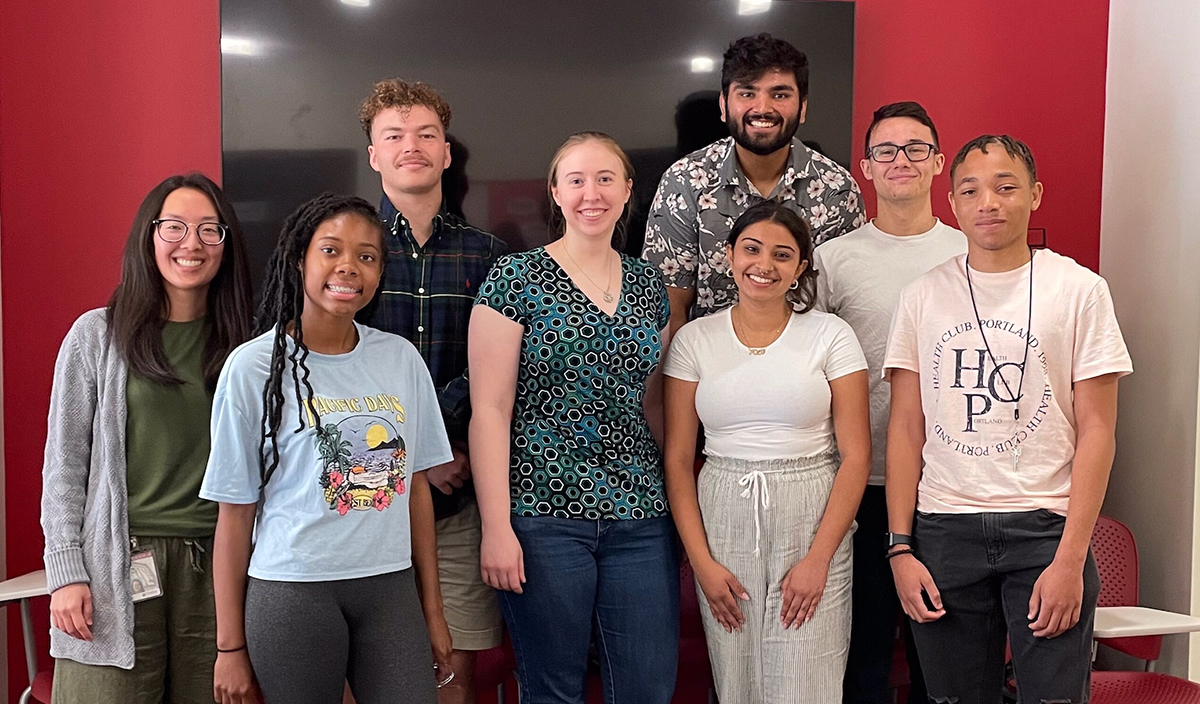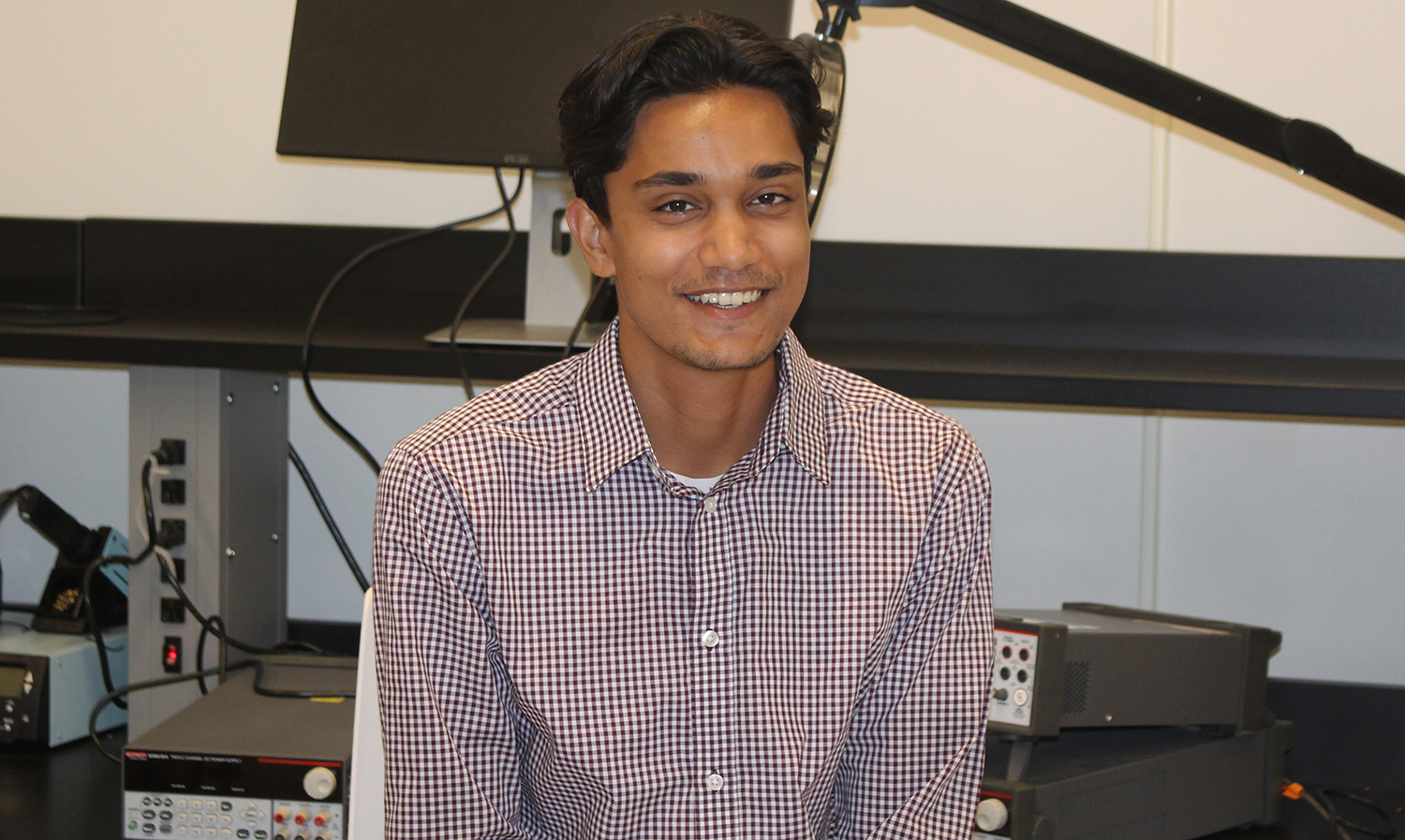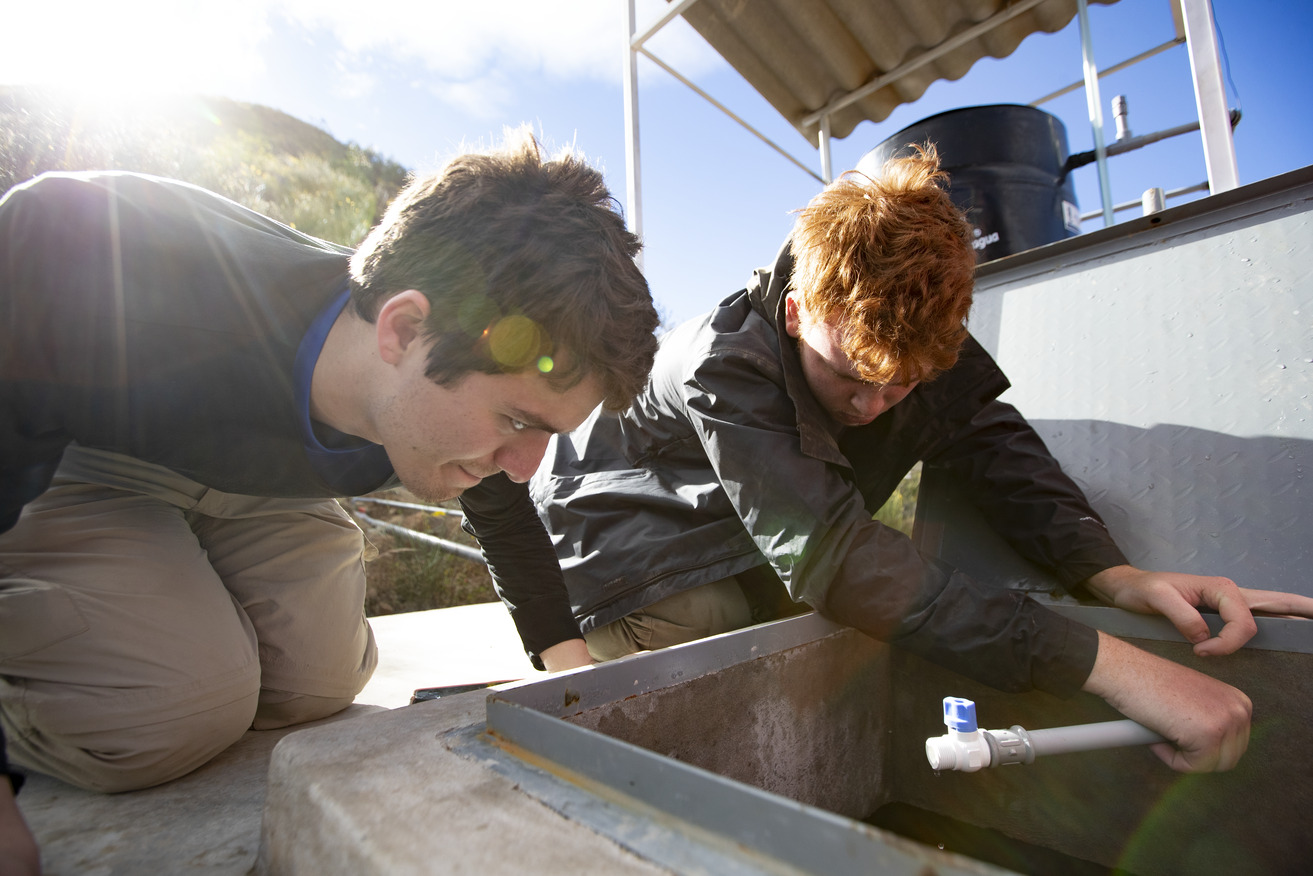Our graduates join and lead interdisciplinary teams of engineers, scientists and clinicians to solve fundamental problems in the world around us. Temple's Bioengineering Department has a strong focus on understanding human physiology and pathophysiology as well as the associated diseases and injuries.
Bioengineers graduating from our programs have a solid foundation in both engineering and life sciences, as well as a strong sense for translational bioengineering research. Our courses and our research helps to train students to understand and employ basic and applied knowledge from diverse areas of engineering and sciences, such as thermodynamics, biomechanics, bioinformatics, bioimaging, bioprocessing, fluid mechanics, polymer chemistry, biomaterials and tissue engineering. These students also gain an understanding of cellular, molecular and regenerative engineering.
The department aims to use engineering to solve and improve in areas such as innovative medical devices and diagnostic equipment, smart biomaterials, novel bioimaging modalities to detect and predict diseases such as cancer. Our bioengineering research and well trained bioengineers aim to the solve fundamental problems in the world around us and improve the quality of global health care and the standard of living throughout the world.







